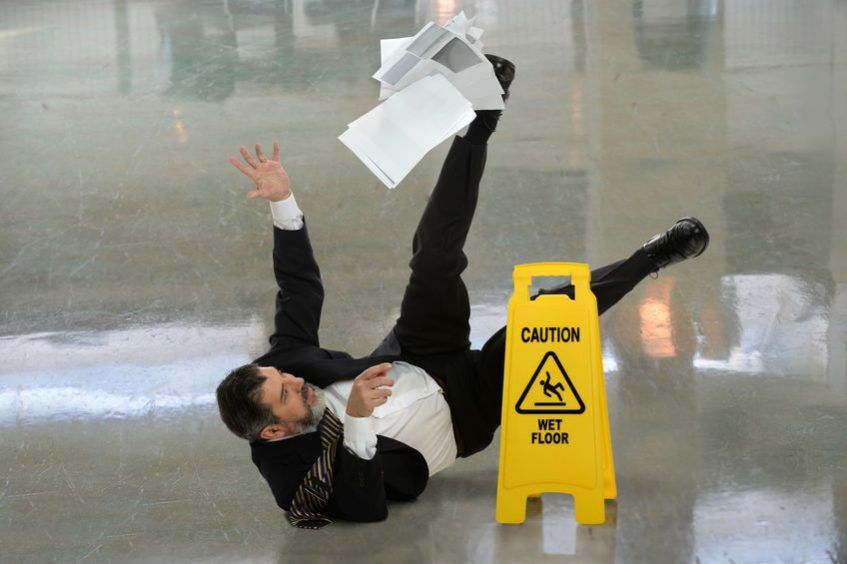What Is Compensable in a Slip and Fall Accident?

Slip and fall accidents are common in Maryland and they can cause injuries that range from mild to severe.
Many people mistakenly believe that a slip and fall accident is simply an accident, however, if the personal injury occurs on someone else’s property, you may be able to collect compensation. Here’s what you need to know about compensable damages in a slip and fall case and where to get legal help.
Types of Injuries Caused by Slip and Fall Accidents
Slip and fall incidents can cause a number of injuries that range in severity. The more severe the fall, the more critical the injuries are likely to be. For example, tripping and falling down a flight of stairs is more likely to cause serious injuries or even death, whereas slipping and falling straight down onto the ground is unlikely to be as significant.
Some of the injuries that can arise from a slip and fall incident include but are not limited to:
- Closed head injuries, such as contusions and concussions (open head injuries can occur but are much less common in slip and fall accidents)
- Fractured or broken bones
- Bruises
- Skin lacerations
- Muscle injuries
- Spinal cord injuries
Often, the shock of the fall and the adrenaline rush that follows can keep you from feeling your injuries until much later. It’s important to be thoroughly evaluated by a medical professional following a slip and fall.
Compensable Damages After a Slip and Fall
There are usually significant costs related to personal injuries that tend to rise the more severe the injury is. There are three types of damages awarded in personal injury cases — economic, non-economic, and punitive damages.
- Economic Damages — monetary costs associated with the accident
- Hospitalization
- Surgery
- Physical therapy
- Medications
- Medical devices
- Lost wages
- Non-economic Damages — costs that don’t have a numerical value
- Pain and suffering
- Mental anguish
- Punitive Damages — damages paid to the victim as a penalty for gross negligence or carelessness
What types of damages you can list on your lawsuit depends largely on the circumstances of your case and what happened to cause your injury. It’s also important to assess whether or not the owner or manager of the property you were injured on is liable.
Contact a Bethesda Personal Injury Lawyer Today
If you were injured in a slip and fall accident, don’t wait to get legal help. Contact the Avid Injury Injury & Criminal Defense Law Firm today by calling (240) 561-7433.

